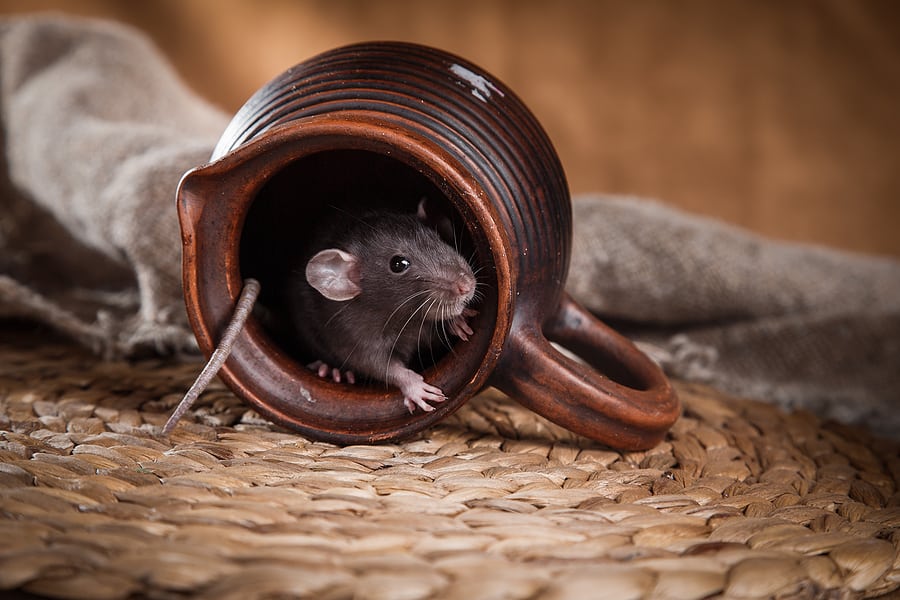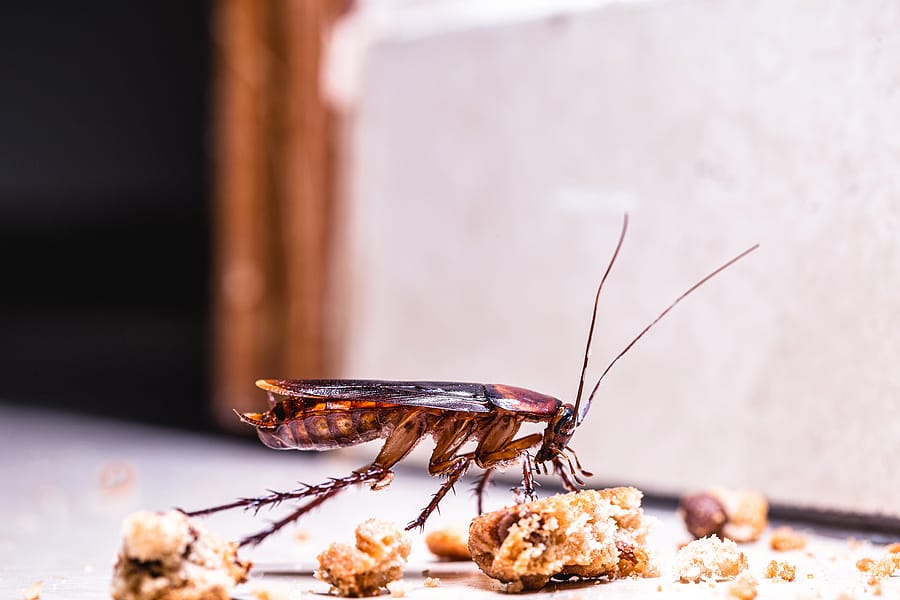READY TO GET STARTED?
REQUEST A FREE ESTIMATE
Fill out the form below or call (888) 466-7849 for a free, no-obligation estimate.

Despite our best wishes, pests don’t just disappear when the weather gets cold. Winter pest control becomes critical to keeping your house protected during the season. Overwintering pests will make their way indoors to escape the cold and have access to a plentiful food supply. Common overwintering pests include roaches, spiders, and rodents.
Overwintering pests pose a threat to both you and your home. They can chew through wires and insulation, contaminate surfaces and food, spread diseases, and trigger allergies and asthma.
Help protect your home with these 14 tips for winter pest control:
If you have a problem with winter pests, contact your local pest control company for a complete evaluation and treatment plan.
How to Prevent Bed Bugs While Traveling
How Do I Prepare For Termite Treatment?
Rodents to Lookout for this Winter

During the wintertime, many homeowners worry less about pests that are common during the spring and summer months. Contrary to popular belief, however, some pests don’t just die off; instead they use their survival instincts to get through the winter. Here is a list of four common winter pests and what you can do to prevent them once the warmer weather arrives!
Seeing ants marching inside your home is typically uncommon during the winter months. Ants are still around, however, as they are great at overwintering and preparing for the cold! Ants prepare for the colder weather starting in the fall where they indulge in lots of food. This preparation technique helps them put on fat so they can survive for weeks at a time without eating. When winter finally arrives, their body temperature and activity will decrease. They will then seal up their colonies built deep in the soil or under rocks, where they will stay until springtime arrives!
Once the warmer weather hits, ants are full of energy and ready to invade your home in search of more food. To make sure these pests don’t come inside, seal all open gaps and holes, especially around areas where pipes and wires enter your home.
Bed bugs are active year-round, meaning they will invade your home whether it’s cold or warm outside. These pests are extremely resilient and can survive temperatures from nearly freezing to 122 degrees Fahrenheit! Because they can withstand these extreme temperatures, bed bug control can be difficult. Common signs of bed bugs include rusty, reddish-brown stains on bed sheets or mattresses, bites on exposed skin when sleeping, and eggs or egg casings.
After coming home from traveling, unpack your clothes and put them directly into your washing machine to clean. Always inspect your luggage for bed bugs and use a vacuum to clean it before storing it.
Most cockroaches can survive year-round if they have access to a warm and moist environment. Unfortunately, this means your home is the perfect place for these pests to inhabit. German cockroaches are one species that are known to survive harsh weather conditions. When cold hits, these roaches are great at sneaking indoors through small gaps and holes.
Cockroaches prefer to live in humid habitats, especially in residential kitchens, bathrooms, and basements. To ensure these pests don’t infest your home, make sure to clean up any spills or food crumbs, vacuum often, and use weatherstripping to seal doorways.
It’s inevitable to see mosquitoes out during the summer months; but it may be surprising to most that these pests don’t die off when winter hits. Mosquitoes will, instead, overwinter or hibernate in protected areas such as hollow logs. When the temperatures increase, female mosquitoes will awaken and seek out a blood source to feed on to begin developing eggs.
Preparing for mosquito activity before summer arrives is crucial in protecting your home and family. Confirm your home is mosquito-proofed by eliminating any standing water, debris from your gutters, and sealing any holes or gaps leading inside the home.
To prevent these pests from invading your home when spring and summer hit, consider contacting your local pest control company. A trained professional can then provide you with an inspection, prevention, and treatment plan.